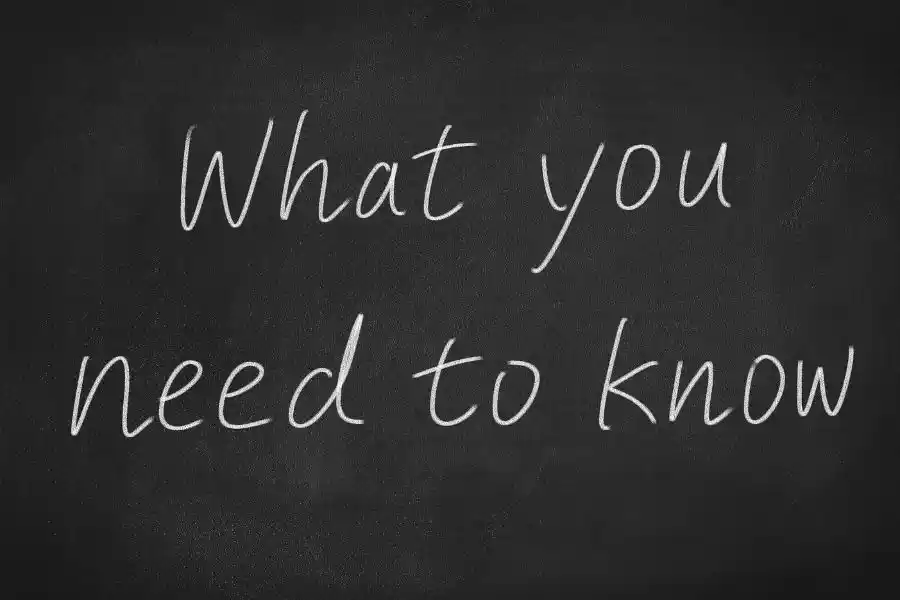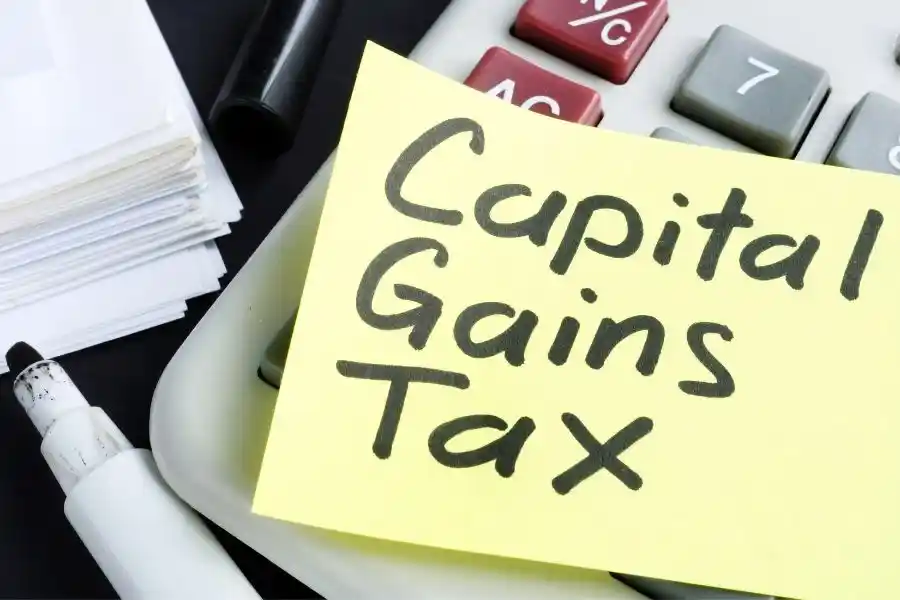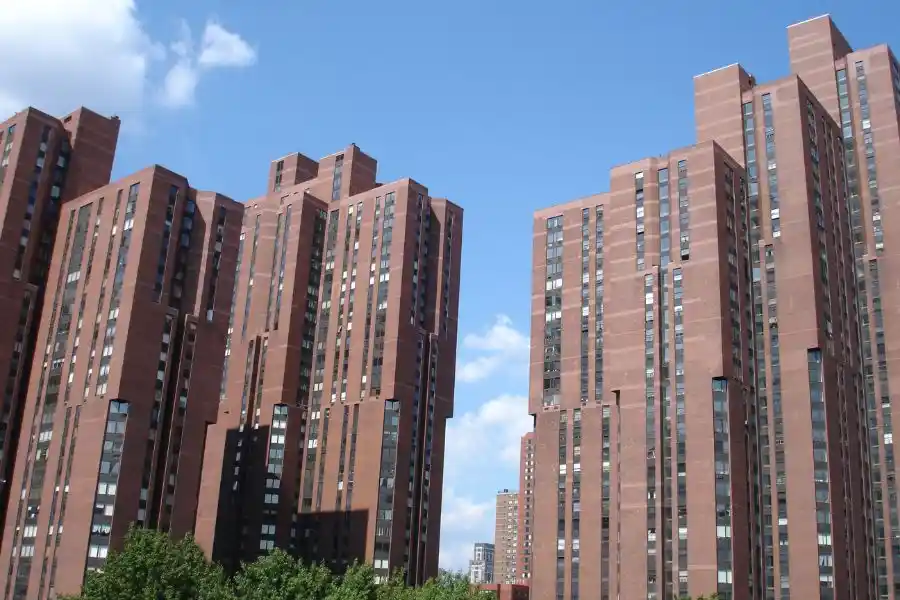Many buyers ask – Do I have to pay taxes when I sell my house in NY? The answer is yes. Sellers have to pay multiple taxes after selling a house in NY. Two of these are directly associated with the real estate transaction.
Transfer Tax:
All sellers in NY have to pay both city and state transfer taxes when they sell any property worth $25,000 or more. This is called Real Property Transfer Tax (RPTT) or simply transfer tax. This tax is applicable for all property types (condos, co-ops, houses, etc.). The city tax rate is:
- 1% of the sales price for properties sold for a price between $25,000 and $500,000.
- 1.425% of the sales price for properties sold for a price above $500,000.
The state tax is:
- 0.4% for all properties with a price tag below $3 million
- 0.65% for all properties with a price tag above $3 million
So, for a $4 million property that will incur maximum transfer tax from both city and state, the seller will end up paying 2.075% of the property price in taxes or $83,000.
Flip Tax:
The flip tax is specific to co-op buildings and can vary between 1% and 2% of the apartment’s selling price for a $1,000,000 co-op, which would be around $10,000 to $20,000.
Capital Gains Tax: When selling a property, the seller also has to declare it on their yearly income taxes and pay the capital gains tax if they earned a profit. The tax rate is different for city, state, and the federal government. However, there are some exceptions if you are selling your primary residence.
If you are selling your house for a sizable profit, the taxes would be higher but they would sting less and not eat too much into your profits. So make sure you are working with an experienced New York City broker to get the optimal price for your house in NY.













